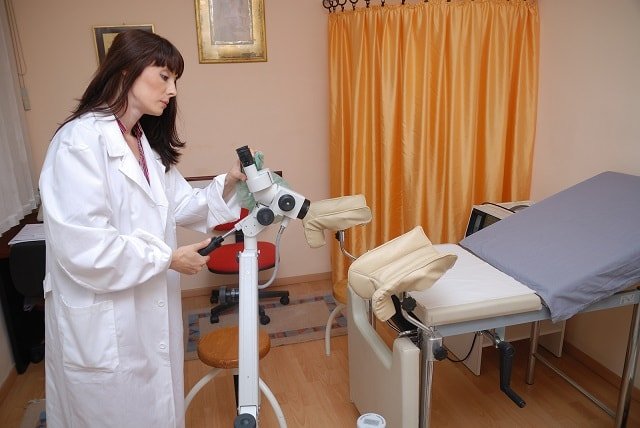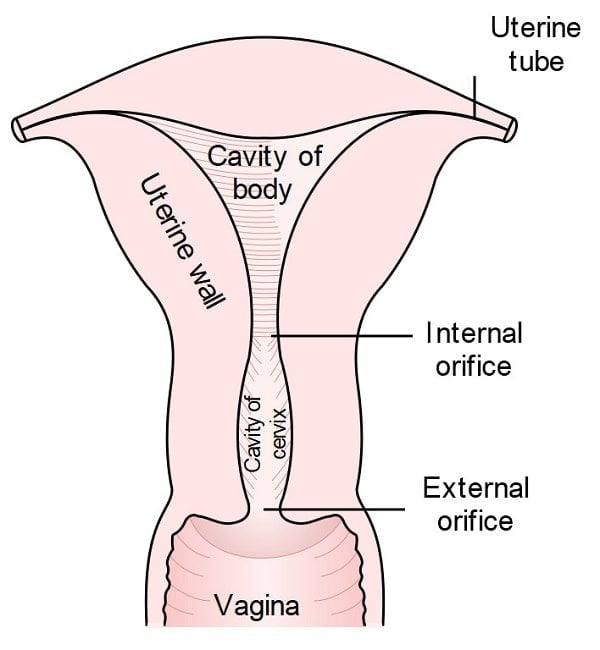
Women who are conscious about their health should undergo Pap test or Pap smear in order to determine the possibility of having cancer of the cervix. This is conducted at the lower portion of the uterus that provides an opening into the vagina.
Precancers are changes in the cells that might lead to cancer if not given proper attention. You can prevent cervical cancer most of the time with the right attitude and regular Pap tests.
Do You Need A Pap Test?
Pap test enables you to know the early signs of cervical cancer, which has a high rate in today’s world.
If you treat the abnormal cells early, you will be able to prevent most cases related to the development of cervical cancer. Thus, you need to undergo Pap testing so that you can prevent this from happening early on.
Does Every Woman Need Pap Test?
The right age for women to undergo Pap test is between 21-65 years old, which is considered part of the routine healthcare. If you think that you don’t need this because you are not sexually active, then you are mistaken.
In fact, women who went through menopause, but have not reached the age of 65, still require regular Pap tests.
Only those who don’t have a cervix and those who don’t have a history of abnormal Pap results or cervical cancer are not required to get Pap tests.
You might not be required to undergo Pap test if you are already 65 years old or older, and have been into 3 normal Pap tests in a row without abnormal test results for 10 years.
Your doctor can also decide whether you should get Pap test or not. So, all women must talk to a doctor before putting an end to regular Pap tests.
What Procedures Are Involved In A Pap Smear Test?
It only requires a few minutes to conduct a Pap smear. Here is a list of what will happen during a Pap test.
A medical practitioner will accompany you to a private room wherein you will be required to take off your underwear, as you get ready for an examination with your back laid against the bed.
A sheet of cloth will be given to you so that you can cover the lower portion of your body. You can ask for one if this has not been provided to you.
The entrance to your vagina will be checked by an instrument called a speculum. This instrument is made of hard plastic or stainless steel that aids in the examination of the cervix.
If you feel uncomfortable, you can ask for a pillow to support your back and keep the cervix at the right position. However, this wouldn’t hurt, contrary to some beliefs.
The doctor might use a tiny spatula and brush to take cell samples from your cervix.

The cells gathered are wiped onto a glass slide and sent out for testing at the laboratory.
If in case you feel nervous, you can always ask someone to accompany you to take a Pap test. You can bring your friend, family member, or coworker.
What To Do If Your Pap Smear Result Is Abnormal?
In the event when your Pap test leads to an abnormal result, it is not a cause for panic, because it doesn’t always mean you have cancer. It is probably caused by Human Papillomavirus or HPV.
This should not be a cause for an alarm because it sometimes goes away on its own. However, you may require treatment in order to stop it from developing into a form of cancer.
Your doctor would probably offer you to get a follow-up HPV test when tests find any abnormal results or any changes.
Difference Between Pap Smear and HPV Test?
In these procedures, both would use special instruments in order to collect cervical cells. HPV tests would identify the viruses that are high risk, but Pap tests only determine abnormalities.
Will The Results Get Registered?
If you undergo Pap smear, there is a great possibility that the results would be registered in the laboratory.
Otherwise, you can always tell the staff at the clinic not to record your personal details on the registry after undergoing Pap test.
Benefits Of Getting Registered
When you have been registered after a Pap smear, you are given reminders if you are already overdue for another test. Thus, the reminders will depend on the last testing session that you took.
Pap smear tests are not overlooked because the registry would follow up abnormal results. This is because your doctor understands your Pap test results better than anyone else.
Preparation For A Pap Test
If you want to get yourself tested, there are things that you need to consider 2 days before the procedure.
- It is not advisable to use tampons
- It is also prohibited to use vaginal medicines, creams, or suppositories
- You must not use vaginal deodorant powders or sprays
- You also should avoid sex for a couple of days only
Can You Get A Pap Test During Your Period?
Doctors strongly advise women to avoid getting a Pap smear test when they are having their period. In fact, the best moment to get tested is 10-20 days from the day you had your period.
How To Reduce Your Chances Of Getting Cancer Of The Cervix?
- Getting regular Pap smear testing – This procedure aids your doctor in treating abnormal cells before turning into cancer.
- Getting vaccinated – The cause of abnormal Pap smear results is mostly HPV, which is passed from one person to another via genital contact. So, if you are not more than 26 years of age, you can get yourself vaccinated from HPV.
- Being monogamous – There is a great chance of lowering your risk of cervical cancer if you stay with just 1 partner.
- Using condoms – Preventing sexually transmitted infections (STIs), which include HPV, is not to have anal, oral, or vaginal sex. Otherwise, you must use condoms in order to lower your risk of getting STIs or HPV.Despite the fact that HPV can happen in male and female genital areas not protected by condoms, the use of such has been linked to lower rates of cervical cancer.
Thus, you are advised to protect yourself at all times by using condoms each time you get anal, oral, or vaginal sex.
Is It Possible To Get Free Or Low-Cost Pap Smear Tests?
If you undergo Pap tests, you are rest assured that it is covered under the Affordable Care Act, passed in 2010. In fact, you can get insurance plans to cover Pap tests without spending anything.
According to the American Cancer Society, routine Pap tests have shown a reduction of deaths due to cervical cancer by 74%. Nevertheless, aside from the mystery behind Pap smear tests, it is perhaps the squirm factor that has kept women from getting tests regularly. Don’t risk your health, get yourself this important physical exam.



